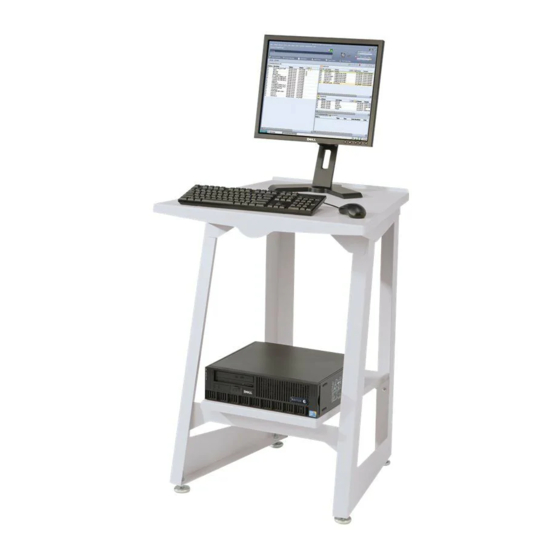Remote Workflow
Secure Socket Layer
Using the Print Server SSL/TLS Security Feature
24
Specified Connections. Additional subnet mask can also be
specified.
Refer to online help for detailed descriptions of IP Filtering
property tabs such as: General tab, System tab, INIT tab, INETD
tab, RPC tab.
Remote Workflow allows for a remote connection to the Xerox
FreeFlow Print Server controller.
The administrator can limit access through the Xerox FreeFlow
Print Server interface [Setup > System Preferences menu option].
Remote Workflow options include: Enable All Connections,
Disable All Connections, Enable Specified Connections (by
specific IP Address).
NOTE: The default is Enable All Connections.
The Xerox FreeFlow Print Server implements Secure Socket
Layer technology using encryption, a secure port, and a signed
digital certificate.
Secure Socket Layer (SSL) and Transport Layer Security (TLS)
are two network security protocols that encrypt and transmit data
via HTTP and IPP over the TCP/IP network. SSL is a protocol
layer placed between a reliable connection-oriented network layer
protocol and the application protocol layer.
The network client and the web server (printing system) decide
which protocol to use for data transfer and communication.
The encryption level can be either secure or normal. Normal
security in the SSL/TLS tab means that the user can access IPP
or HTTP via http or https.
The Secure Socket Layer (SSL) and Transport Layer Security
(TLS) are two protocols used to provide a reliable end-to-end
secure and authenticated connection between two points over a
network. The Xerox FreeFlow Print Server SSL/TLS feature
allows a System Administrator to do the following:
1. Create and use a self-signed SSL/TLS certificate
Security Guide

